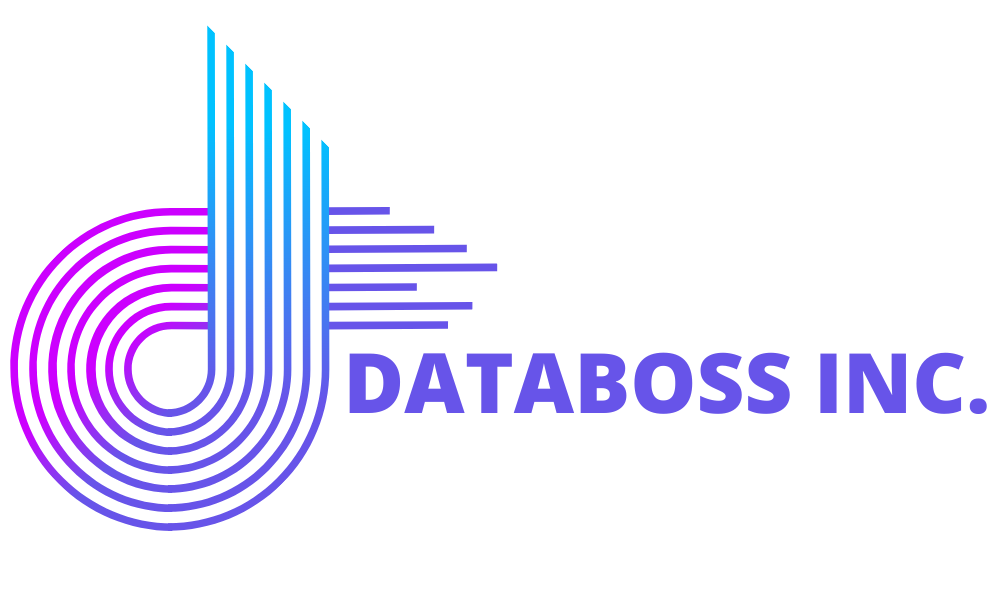Financial Due Diligence Consulting
Financial Due Diligence Consulting is the process of analyzing a company’s financial statements and other financial information to assess its financial health and stability.
- We'll make sure you make the right investment decision
- Don't invest blindly. Get Financial Due Diligence
- Know your investor before sharing your company
Applying for IPO
Principled Best Practices for Due Diligence
Due Diligence Consulting mandates a holistic audit, and within its purview, certain facets warrant particular vigilance by the esteemed working group.

Get access to the company's data
The culmination of this diligence endeavor manifests in a comprehensive narrative, divulging intricate details of the company’s operations, including its assets and liabilities, exhaustive financial, tax, legal, and intellectual property information, industry insights, market research, and customer verification. The scrutiny should encompass a panoramic view, including information concerning all directors and officers of the company, corporate structure, and governance.
IPO Due Diligence Consulting Before going public
Going public is a big decision, and there are a lot of things to consider before taking the plunge. As an IPO Due Diligence Consulting, We develop a plan to make sure that your transition to public ownership is smooth and successful.
We understand that going public is a big decision, and we’re here to help you every step of the way. Contact us today to learn more about how we can help you fixing finance due diligence issues & take your company public through DPO or IPO.

Applying for IPO
Financial Diligence Consulting
Financial Diligence Consulting mandates a holistic audit, and within its purview, certain facets warrant particular vigilance by the esteemed Working Group. These encompass:
We are experts in solving accounting challenges:
The prudent course of action involves meticulous examination, identification, and prompt remediation of any prevailing accounting challenges during the early stages of the process. Consultation with advisory partners is vital to prioritize rectification measures susceptible to raising red flags with regulators and the public.
Keep your records ready:
Embracing US-GAAP (Generally Accepted Accounting Principles), submission for going public necessitates specific financial statements.
o Balance Sheets: For the two most recent years, the company must furnish audited, consolidated balance sheets. In case the company’s existence spans less than a year, an audited balance sheet as of a date within 134 days of public registration filing is requisite.
o Income Statements: The company is obligated to present audited income statements for each of the three fiscal years preceding the most recent audited balance sheet date, the duration being subject to the company’s lifespan.
o Cash Flow Statements: Audited cash flow statements are indispensable for each of the three preceding fiscal years, their extent contingent on the company’s tenure.
o Interim Reviewed Financial Statements: If the filing transpires over 134 days after the fiscal year’s conclusion, submission of Interim Reviewed Financials becomes mandatory.
Building a culture of compliance and transparency:
Deficiencies and material weaknesses within the current internal financial controls necessitate discerning discussions with advisory partners. Due to their potential ramifications on the SEC review process, these issues warrant proactive disclosure to regulators and the public, coupled with earnest efforts to address them.
“Working with Databoss was a game-changer for our company’s IPO. Their deep understanding of the market. Thanks to their guidance, we confidently navigated the complexities and achieved a highly successful public offering.”
Edward Kennedy

Client reviews
INSIGHTS
In-Depth Insights for Your Journey
20+
100%
Success rate
$500M+
FAQ
Frequently Asked Questions
Financial due diligence is important for investors, lenders, and other stakeholders who want to make informed decisions about a company. It can help to identify potential risks and problems, and to assess the company’s ability to meet its financial obligations.
Databoss’s Financial Due Diligence service includes:
- Reviewing the company’s financial statements
- Analyzing the company’s financial ratios
- Identifying potential risks and problems
- Assessing the company’s ability to meet its financial obligations
- Providing a report with the findings of the due diligence
Databoss’s Financial Due Diligence service is a customized service that is tailored to the specific needs of each client. The service typically begins with an assessment of the client’s needs. Based on the assessment, Databoss will develop a plan for conducting the due diligence. The plan may include reviewing the company’s financial statements, analyzing the company’s financial ratios, and identifying potential risks and problems.
The risks of not using Databoss‘s Financial Due Diligence service include:
- The client may not be able to identify potential risks and problems.
- The client may not be able to assess the company’s ability to meet its financial obligations.
- The client may make a poor investment decision.
There are a number of resources that can help you learn more about Financial Due Diligence, including:
- The SEC’s website
- The AICPA’s website
- The CFA Institute’s website
- The Financial Times
- The Wall Street Journal


